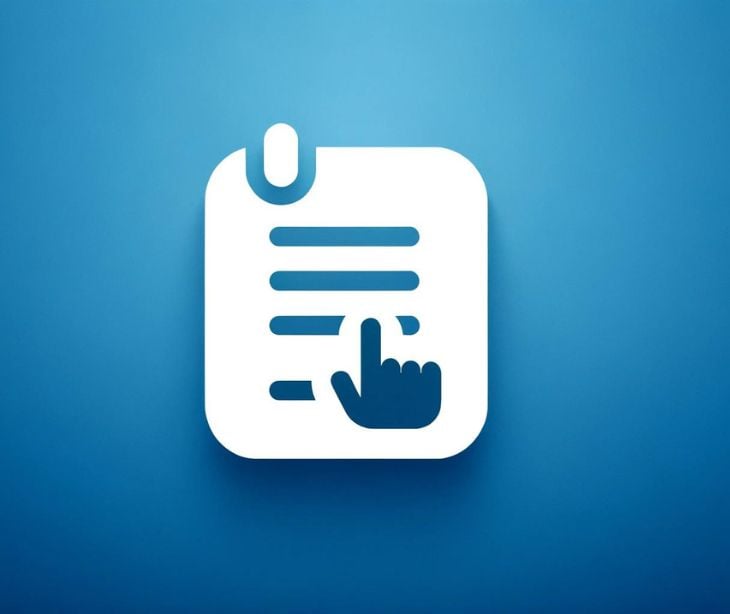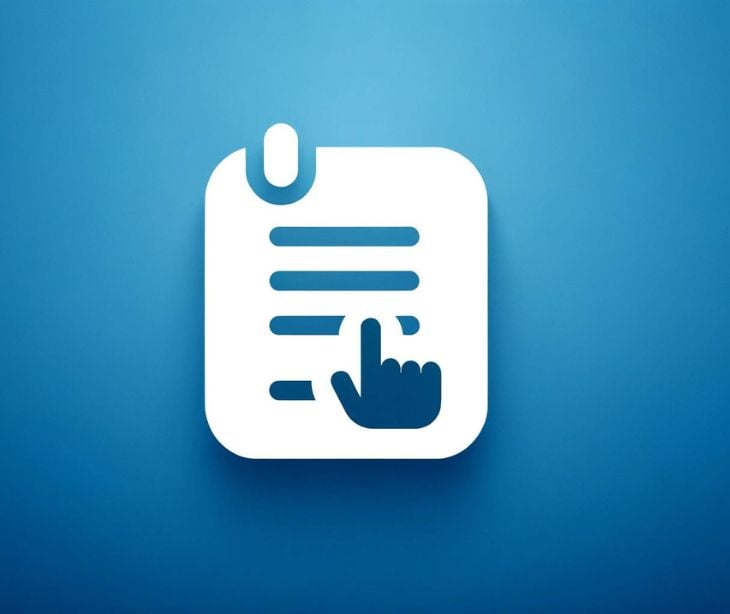3 min read
Using HIPAA compliant forms for mental health assessments
Caitlin Anthoney September 04, 2024

Mental health professionals often use screening tools like the PHQ-9 (Patient Health Questionnaire-9) to assess depression symptoms in patients. Although the PHQ-9 is a standardized assessment, providers must use HIPAA compliant forms to securely store and share the results.
What is the PHQ-9?
The PHQ-9 (Patient Health Questionnaire-9) is “a widely used tool in primary care for diagnosing depression and determining depression severity. For practitioners, it can provide an appealing numerical and objective diagnosis,” explains a study on the use of the Patient Health Questionnaire (PHQ-9) in practice.
The questionnaire includes questions like "Over the past two weeks, how often have you been bothered by feeling down, depressed, or hopeless?" and "How often have you had trouble falling or staying asleep, or sleeping too much?"
The PHQ-9 is also helpful in monitoring a patient's response to treatment over time so providers can adjust treatment plans accordingly.
Should the PHQ-9 be HIPAA compliant?
The PHQ-9 is a diagnostic tool that technically does not require HIPAA compliance. However, the mental health data collected in the PHQ-9 is considered protected health information (PHI). So, mental health professionals must adhere to HIPAA regulations when handling this information.
More specifically, to avoid potential data breaches and maintain patient trust, mental health professionals must use HIPAA compliant forms to administer, store, and share PHQ-9 results.
Creating HIPAA compliant PHQ-9 Forms
Choose a secure platform: Providers must use a HIPAA compliant platform, like Paubox Forms, to protect patient data. Specifically, these forms use advanced encryption, secure storage, and two-factor authentication, protecting PHI during transit and at rest.
Use access controls: Healthcare organizations and mental health clinics must implement role-based access controls so only authorized individuals can access PHQ-9 data. For example, granting access to a psychiatrist directly involved in a patient's care, while restricting access to administrative staff who do not need to view sensitive information.
Additionally, these controls should be audited regularly to identify any unauthorized access or protocol breaches.
Obtain patient consent: HIPAA’s Privacy Rule requires providers to get informed consent before administering the PHQ-9. The consent form should explain how the patient’s data will be used, stored, and protected.
Use a business associate agreement (BAA): Providers must have a BAA in place if they use a HIPAA compliant solution, like Paubox, to store or manage PHQ-9 data.
Benefits of using HIPAA compliant forms for PHQ-9
Protects patient privacy
HIPAA compliant forms safeguard patients' PHI, including sensitive mental health data gathered through the PHQ-9. Its advanced security measures allow providers to share PHQ-9 results with other professionals involved in a patient’s care, without compromising privacy.
Moreover, using HIPAA compliant forms upholds federal regulations and mitigates the risk of non-compliance penalties.
Consistent documentation
Although the PHQ-9 is a standardized assessment form, how it is administered and documented can be inconsistent. So, providers can customize their HIPAA compliant PHQ-9 forms according to their workflow. For example, a psychiatrist can add fields for follow-up actions and noting co-morbid conditions.
These forms can also be integrated within their electronic health record (EHR) systems to match their documentation practices, promoting consistency across clinical documentation and patient management.
Ultimately, using the same format for recording and accessing information helps accurately collect and store data, even among different providers.
Remote care
Mental health professionals can conduct these HIPAA compliant PHQ-9 assessments and use HIPAA compliant emails to follow up remotely, improving healthcare access.
For example, a clinician can use a HIPAA compliant digital form to administer the PHQ-9 during a telehealth session. If a patient reports symptoms consistent with depression, the clinician can securely complete and store the PHQ-9 form electronically.
Moreover, the clinician can schedule regular check-ins, monitor patient progress, and adjust treatment as needed, bridging the gap in access to mental healthcare.
Patient engagement
HIPAA compliant forms also support greater patient engagement by providing secure and accessible means for patients to participate in their care.
Patients can fill out the HIPAA compliant PHQ-9 forms online during a telehealth session, thinking about their responses and improving the accuracy of the collected data.
Learn more: Improve patient engagement with HIPAA compliant text messages
FAQs
Do HIPAA compliant forms require special training to use?
No, covered entities can use a HIPAA compliant platform, like Paubox, which offers user-friendly interfaces and intuitive design elements that make it easy to navigate and complete the forms.
Are HIPAA compliant forms customizable?
Yes, HIPAA compliant forms can be customized to meet the specific needs of healthcare organizations while protecting patient privacy.
Can HIPAA compliant forms be used to collect non-health-related information?
Yes, HIPAA compliant forms can be adapted for different purposes, like gathering contact information or demographic data.
Subscribe to Paubox Weekly
Every Friday we'll bring you the most important news from Paubox. Our aim is to make you smarter, faster.



